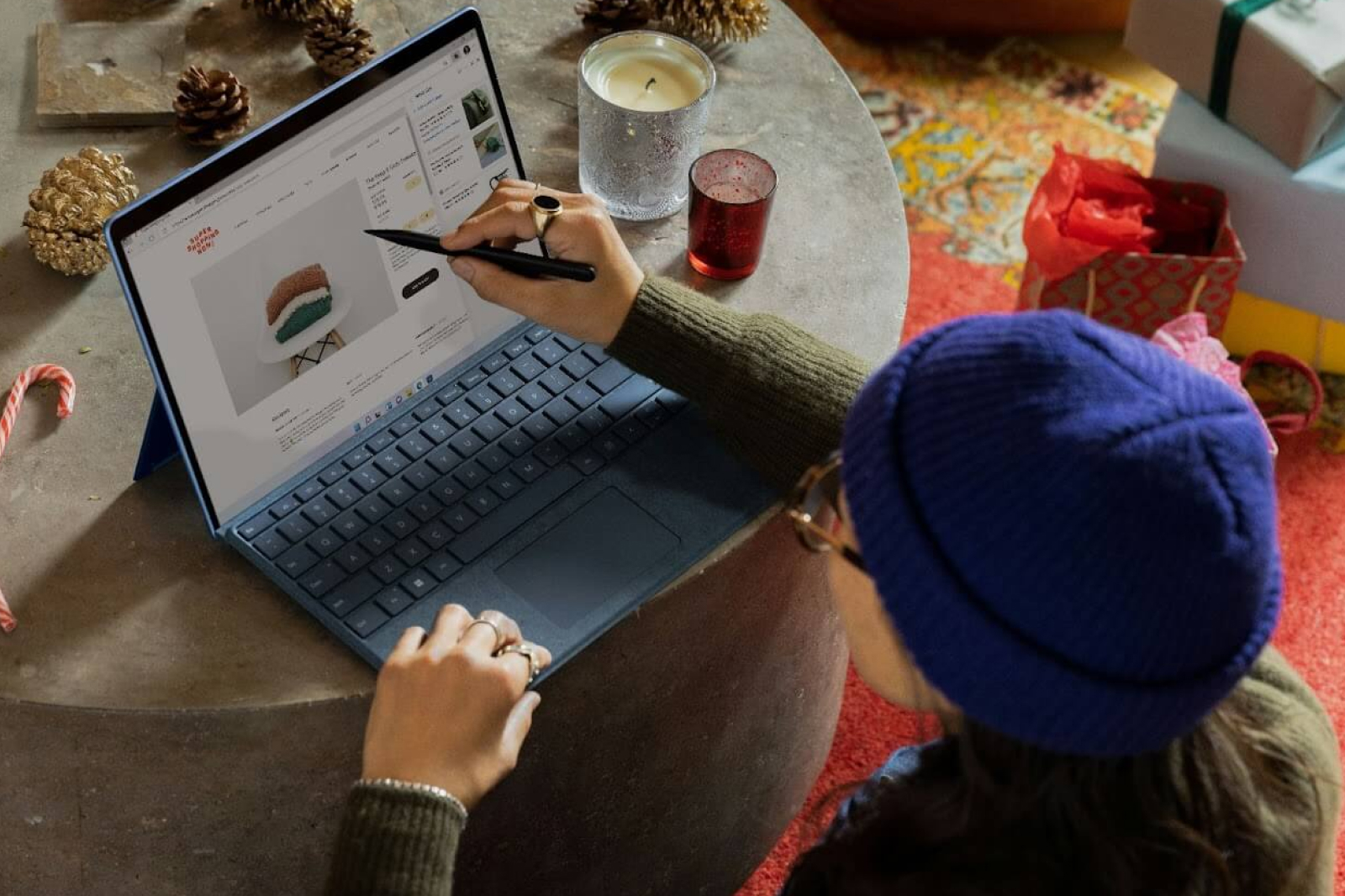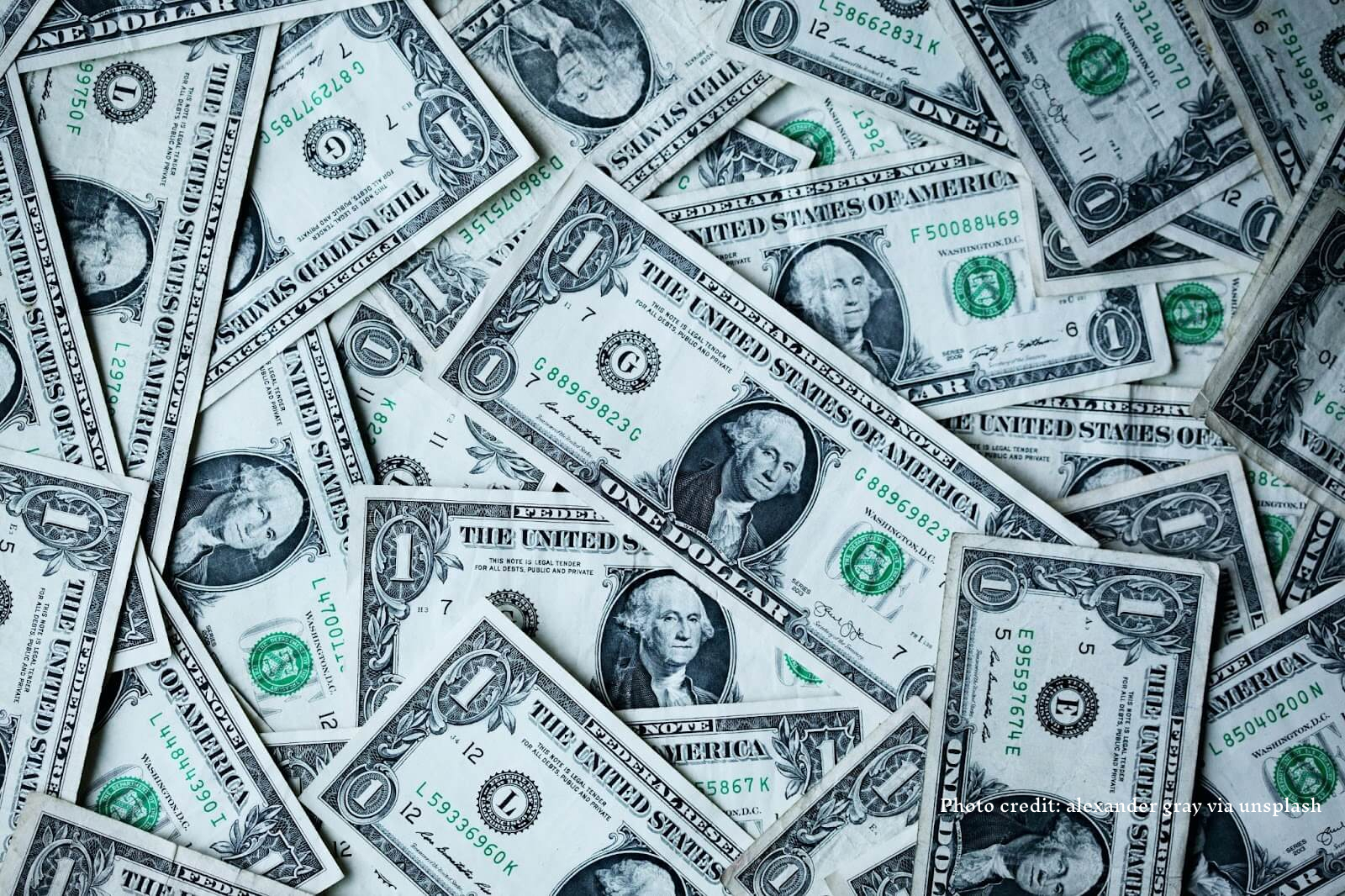You’ve made it to Europe, and the air is fresh. You have your whole itinerary figured out, you’ve somehow gotten a cab, and you’ve pulled up to your hotel. But one question infects your mind—How much do I tip the driver? This list of foreign money tips can help when you’re in a pinch.
1. Know the updated exchange rates.
As the economy shifts, exchange rates change all the time. This means, a scarf that might look like the equivalent of $20, could actually be $25, or $30. Here, you can find the exchange rates of just about any currency, plus other fun details like the recent trends.
2. When in doubt, use your credit card.
According to Trip, having a credit card with you to pay for transactions is usually a safe bet rather than carrying loads of cash. Some people get carried away when exchanging their money because they’re overwhelmed by the coolness of a new currency. But hold on there. The more cash you have, the more vulnerable you will be.
3. Don’t get burned on ATM fees.
While credit cards are a safer option, it’s still essential to be aware of high ATM fees. It could cost around $3 every time you have to withdraw cash. (Some places will be cash only, so it’s wise to have a little cash.) Use actual banks for any withdrawals, not that sketchy machine on the street.
4. Know the tipping policies.
Every country has different tipping policies, but leaving huge tips is not necessary. If you’re in Europe, adding a euro per person for a restaurant or an extra euro or two for a driver will be sufficient. For more on tipping, check out what our buddy Rick Steves has to say.
5. If you’re going out in groups, here’s how to split the bill.
Sitting at a restaurant for an hour trying to figure how much money everyone owes each other will just cause a lot of frustration. We recommend using any number of apps to split expenses, whether it’s for dining, lodging, or activities. Here are some of the best from The Muse.
Traveling is exciting! You shouldn’t be stressed about it. For more on how to handle your money abroad, check out this great resource.
string(2734) "
You've made it to Europe, and the air is fresh. You have your whole itinerary figured out, you've somehow gotten a cab, and you've pulled up to your hotel. But one question infects your mind—How much do I tip the driver? This list of foreign money tips can help when you're in a pinch.
1. Know the updated exchange rates.
As the economy shifts, exchange rates change all the time. This means, a scarf that might look like the equivalent of $20, could actually be $25, or $30. Here, you can find the exchange rates of just about any currency, plus other fun details like the recent trends.
2. When in doubt, use your credit card.
According to Trip, having a credit card with you to pay for transactions is usually a safe bet rather than carrying loads of cash. Some people get carried away when exchanging their money because they're overwhelmed by the coolness of a new currency. But hold on there. The more cash you have, the more vulnerable you will be.
3. Don't get burned on ATM fees.
While credit cards are a safer option, it's still essential to be aware of high ATM fees. It could cost around $3 every time you have to withdraw cash. (Some places will be cash only, so it's wise to have a little cash.) Use actual banks for any withdrawals, not that sketchy machine on the street.
4. Know the tipping policies.
Every country has different tipping policies, but leaving huge tips is not necessary. If you're in Europe, adding a euro per person for a restaurant or an extra euro or two for a driver will be sufficient. For more on tipping, check out what our buddy Rick Steves has to say.
5. If you're going out in groups, here's how to split the bill.
Sitting at a restaurant for an hour trying to figure how much money everyone owes each other will just cause a lot of frustration. We recommend using any number of apps to split expenses, whether it's for dining, lodging, or activities. Here are some of the best from The Muse.
Traveling is exciting! You shouldn't be stressed about it. For more on how to handle your money abroad, check out this great resource.
"












